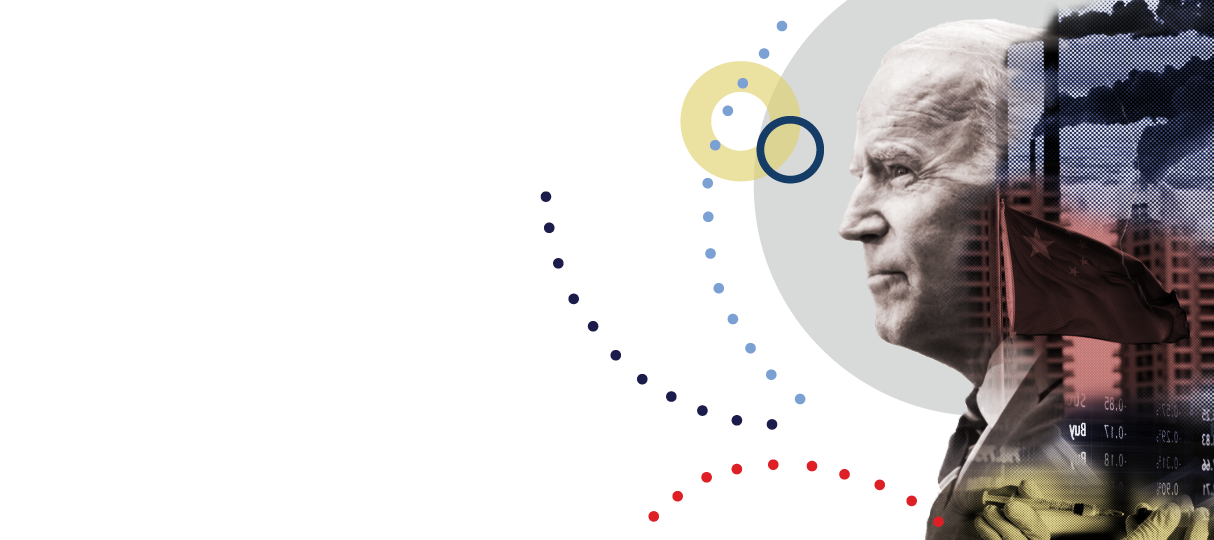A nation must think before it acts.
Original Orbis piece: Suzanne Loftus, “Democracy and Transatlantic Values in an Age of Great Power Competition,” Orbis vol. 65, no. 2 (2021)
Reasons for Revisiting: In his March 2021 letter transmitting his “interim national security strategic guidance” to the federal government, President Joseph Biden explicitly connected American national security with the challenge to “lift up our values at home and speak out to defend them around the world” and proposed that “if we work together with our democratic partners, with strength and confidence, we will meet every challenge and outpace every challenger.” In turn, American leadership of a democratic community of nations is “how we ensure the American people are able to live in peace, security and prosperity.”
Loftus revisits the core points of her Orbis article that countries like Russia and China are revisionist powers precisely because they challenge some of the core assumptions upon which the liberal international order is based, including its provisions for openness, transparency, and adherence to the rule of law, and instead look for ways to create spheres of influence where they can set the rules. At the same time, within countries on both sides of the Atlantic, there is growing doubt about the efficacy of the democratic system and a belief that the international order, as currently structured, harms rather than enhances their security and prosperity. Failures in the response to the COVID-19 pandemic strengthened those narratives. Moving forward, the United States and its partners must show their populations that the Transatlantic relationship is vital to their economic well-being and security (including in matters of health and cyber), while reinvigorating a coalition of states that can dissuade countries like China from believing it can alter existing rules at little or no cost.
Follow this link to watch Loftus’s full presentation at the Foreign Policy Research Institute, on April 15, 2021.
The views expressed in this article are those of the author alone and do not necessarily reflect the position of the Foreign Policy Research Institute, a non-partisan organization that seeks to publish well-argued, policy-oriented articles on American foreign policy and national security priorities.




